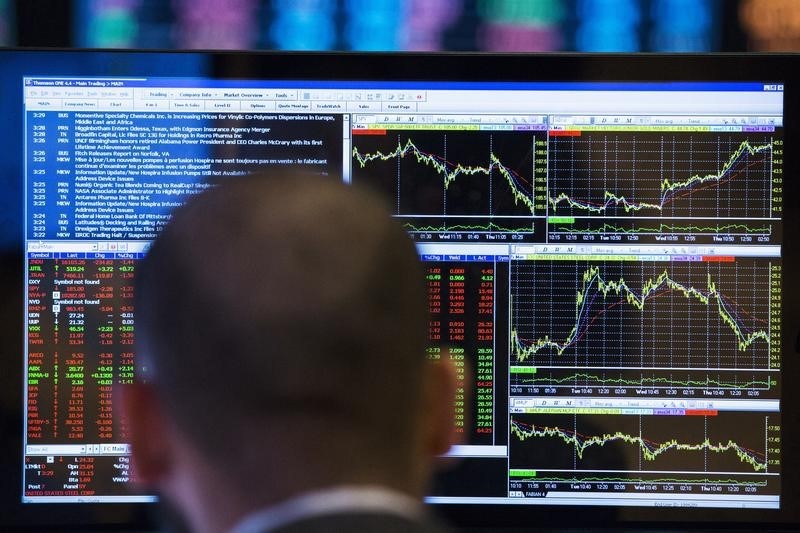This post was originally published on this site
https://i-invdn-com.akamaized.net/trkd-images/LYNXMPEH07071_L.jpg
NEW YORK (Reuters) – Corporate America is not known for advancing deep societal change.
Roy Weathers is trying to fix that.
The U.S. vice chair of accounting and advisory giant PwC is spending most of his time these days heading up CEO Action for Racial Equity, a group of more than 100 prominent firms and chief executives trying to move the needle on social issues.
After an emotional year in which the Black Lives Matter movement drew increased attention to injustice, Weathers is focused on leveraging the skills, dollars and influence of corporate America to bring about societal change. Where communities of color have been left behind in areas like education, health or economics, Weathers is assembling a strike force to attack those gaps.
First up: a fellowship program, in which each member company devotes at least one employee to work full-time on these efforts and start cementing change in public policy around the country.
Reuters spoke with Weathers about what has divided the United States – and how to bring it back together. Edited excerpts are below.
Q: How exactly did CEO Action for Racial Equity come about?
A: For almost four years we have been part of CEO Action for Diversity & Inclusion, which PwC chair Tim Ryan helped launch and now has 1,500 organizations and CEOs signed on. CEO Action on Racial Equity is basically a spinoff of that, after the George Floyd killing and all the events last summer.
Q: Why is it important for this to happen at the C-suite level?
A: The best place to operate is in a society that is healthy. These individuals who are protesting are putting forth a desire for change and are advocating basic principles of social justice: equity, rights, participation. They are our customers and our employees.
We want to operate in a society that is healed and engage in America beyond just the financial impact to stakeholders.
Q: Was there a particular event that impacted you emotionally?
A: Whether it’s Breonna Taylor or George Floyd, this is all right in front of us on TV. There is no turning away from it.
As a father of a 13-year-old son and a 15-year-old daughter, watching them process what they are seeing on television, or hearing through social media, is very challenging.
Q: How do these fellowships work?
A: Each fellow is still an employee of their own company, but for two years they will be working on issues like education, economic empowerment, safety, and health.
For instance, in an area like education, is there some new policy that could help at the city, state or federal level? So they are thinking about gaps, they are doing research, and they are driving public policies to help bring change.
Q: Since so many people are isolated right now, how are they all working together?
A: There are 250 fellows from 115 different companies so far, and by the end of January, we should have another couple of hundred.
It’s all virtual because of COVID, but they are still very connected with each other. There are virtual meetings, weekly town halls with guest speakers and policy experts, and a tech platform called ‘Idea Hub,’ where they can collectively see all the policies and issues that we’re working through. The goal is to roll out our first slate of policy ideas in January.
Q: COVID-19 has disproportionately affected communities of color, so will that be a primary focus?
A: What COVID-19 did was really expose the challenges that were already there in our society. So whether the subject was healthcare access, or food insecurity, or having enough savings to survive, it just completely ripped the Band-Aid off.
But COVID is also helping us identify innovative ways to solve these problems. For example, there are huge gaps in healthcare access, and telehealth is one way to close those gaps. That didn’t really exist before, so maybe policy changes can help in making that shift permanent.
Q: The U.S. is very divided right now. Are you wary about being able to build consensus on these issues, or are you hopeful?
A: No matter what your political perspective, society’s well-being is on the agenda. People vary on how to get there, but I’m hopeful that we can make progress.
It won’t be easy. It feels like this is a once-in-a-generation moment – and I don’t say that lightly.


